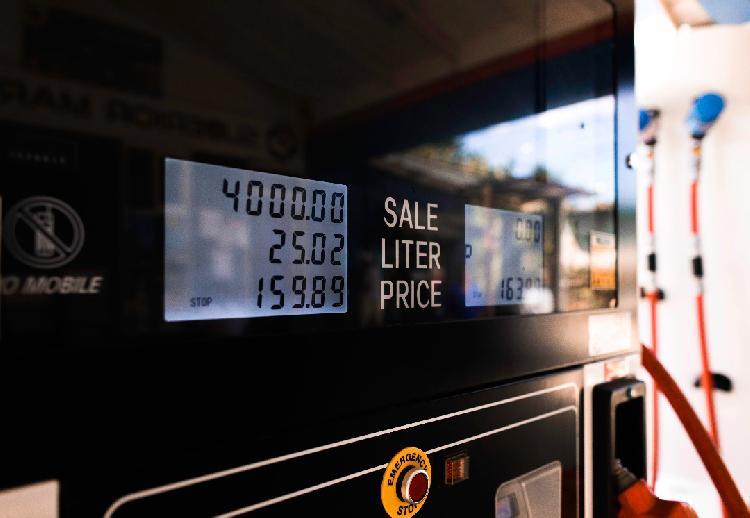Africa-Press – Namibia. ANALYSTS have raised fears that plans by China to ease Covid-19 lockdown restrictions and the subsequent increase in oil consumption would further put pressure on prices locally and globally.
China consumes the most oil globally and it is highly likely that that country’s consumption would dramatically increase demand and the price of fuel.
This comes at a time when Namibian motorists are already struggling to pay N$19,10 per litre for unleaded petrol and N$20,23 per litre for diesel, which is the lowest pump prices in the country at Walvis Bay. The prices escalate further away from the coastal town.
Recent analysis by Simonis Storm Securities shows that petrol and diesel prices increased by 51% and 60%, respectively, in the last 12 months.
Economist Theo Klein said China’s decision to lift lockdown measures would provide momentum for the second biggest oil shock for the international market.
He said the government needs to fast-track the removal of fuel levies to ease pressure on consumers and give Namibians more disposable income.
“That is pretty much what the government can do. There is nothing else they can do. At the end of the day, we don’t make any oil for ourselves so we are really vulnerable to what happens to global oil prices,” he said.
Another economist and University of Namibia lecturer Omu Kakujaha-Matundu also opined that the opening up of the Chinese economy would put pressure on oil production and demand.
He said this would add pressure on the oil price, which at present is directly affected by the Russia-Ukraine war and sanctions or blockade on Russian oil.
“Should China open up and that move lead to higher oil prices, oil-importing countries such as Namibia will experience high inflation levels, which will set off other policy measures and hurt consumers adversely,” he said.
THE ANGOLAN OPTION
Klein also called on the government to seriously consider importing fuel from Angola.
“The government could approach the Angolan government and ask whether it is possible to produce the specific petrol and diesel Namibia uses and we would rather import from them. I am starting to wonder whether it’s true that the quality of oil from Angola is not that good,” he stressed.
Meanwhile, mines and energy minister Tom Alweendo said the recent geopolitics in Eastern Europe, where Russia and Ukraine are involved in a war, are already straining the energy sector.
He said the energy sector is experiencing high price volatility.
“It is, however, encouraging to note that currently the price of crude oil is around US$100 [per barrel]. If this trend continues, hopefully the fuel price will start to come down. For example, our roads are being maintained by a fuel levy that is collected from the purchase of fuel from fuel retailers,” he said.
Alweendo also said considerations to importing fuel from Angola do not make sense currently, as Angola also imports from the same market.
“It, therefore, does not make any sense for Angola to sell us fuel at a cheaper price than what we currently pay. The only reason why fuel is cheaper in Angola is that they use the revenue they receive from the export of their crude oil to subsidise the price to the consumer,” the minister said.
The mines ministry said in the past 12 months, domestic consumption stood at 91 million litres.
For More News And Analysis About Namibia Follow Africa-Press






